Climate Change Magnifies Health Risks at Every Stage of Life
Floods, droughts, and warming temperatures are already increasing illness and disease risk and may pull back previous health gains, benchmark Lancet Countdown report finds.
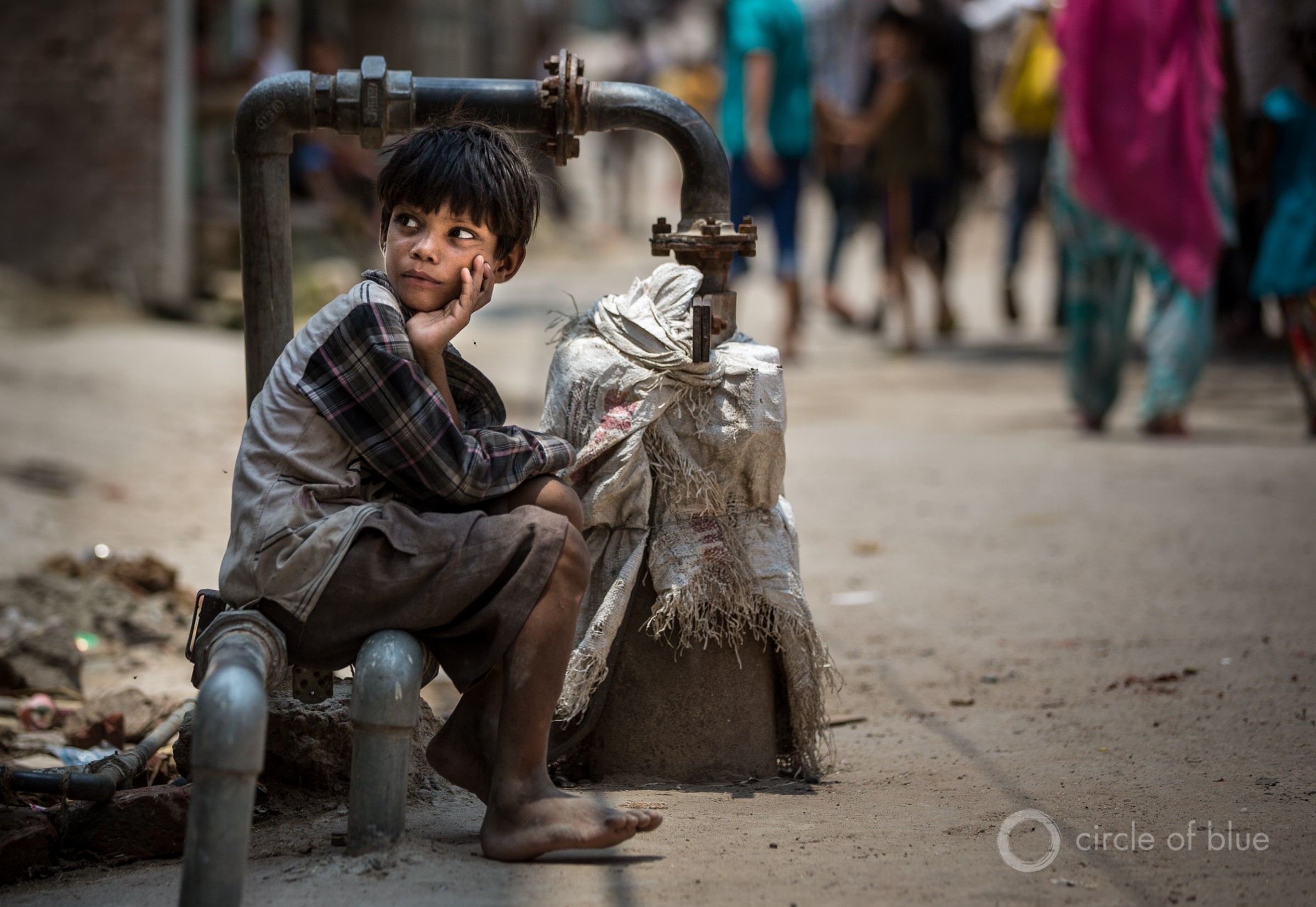
A child sits next to an undocumented water well in Delhi. Children are among the most vulnerable to illness and disease related to climate change. Photo © J. Carl Ganter/Circle of Blue
By Brett Walton, Circle of Blue
More people exposed to wildfires. Water temperatures that are more conducive to the growth of Vibrio bacteria, which are responsible for cholera and other debilitating ailments. Droughts that decimate crop yields, leading to inadequate childhood nutrition and stunted growth.
On a warming planet these and other health and disease risks are growing more severe, according to an international, multi-agency assessment of the health effects of climate change.
Conceived seven years ago as a means of tracking the connections between human health and planetary upheaval, The Lancet Countdown report frames the risks of heat-trapping greenhouse gas emissions in terms of the changes that could be experienced by a child born this year.
“The damage done in early childhood is persistent and pervasive, with health consequences lasting for a lifetime,” said Nick Watts, executive director of The Lancet Countdown, in a statement. “Without immediate action from all countries to cut greenhouse gas emissions, gains in wellbeing and life expectancy will be compromised, and climate change will come to define the health of an entire generation.”
“Climate change is already damaging the health of the world’s children and it is set to shape their future,” Kristine Belesova, a report co-author, told Circle of Blue. “With business as usual, a child born today will face threats to health at every stage of life.”
Water Connects Climate to Health
Business as usual means maintaining the current upward trajectory of fossil fuel consumption and carbon emissions. Doing so “will result in a fundamentally altered world,” warn the authors of the report.
Those changes, occurring today faster than governments are able or willing to respond, will be reflected in more illness and disease, especially for children, elders, and those in poorer regions, the authors argue.
Belesova, deputy director of the Centre on Climate Change and Planetary Health at the London School of Hygiene and Tropical Medicine, said that water-related disease effects fall into three main categories.
One is the risk of malnutrition due to failed harvests.
Globally, hunger and malnutrition have declined in the last two decades, benefiting hundreds of millions of people.
The worry, Belesova said, is that declining crop yields related to heat and water stress will reverse the gains made so far in combating childhood malnutrition. There is some evidence in sub-Saharan Africa that malnutrition in recent years has slightly increased, according to the Global Hunger Index.
Infectious disease outbreaks are a second category.
Conditions appropriate for the spread of bacteria and mosquitoes are expanding, both in time and space. Half of the world is now within the range of dengue fever, a fast-spreading mosquito-borne disease.
Vibrio bacteria, another indicator species in the report, cause cholera, intestinal illness, tissue death, and blood poisoning. There were 107 days in 2018 on the Baltic Sea coast with ideal growing conditions for Vibrio, double the number in the 1980s. The bacteria, which prefer warm, brackish water, are thriving in a rapidly warming Baltic and, in general, their range is expanding in the increasingly feverish northern latitudes.
Though disease vulnerability is on the rise, preventative measures can control disease transmission rates. Researchers and public health officials have successfully reined in malaria mortality in the last two decades in Africa. The report notes that this is an argument for increasing investment in public health services.
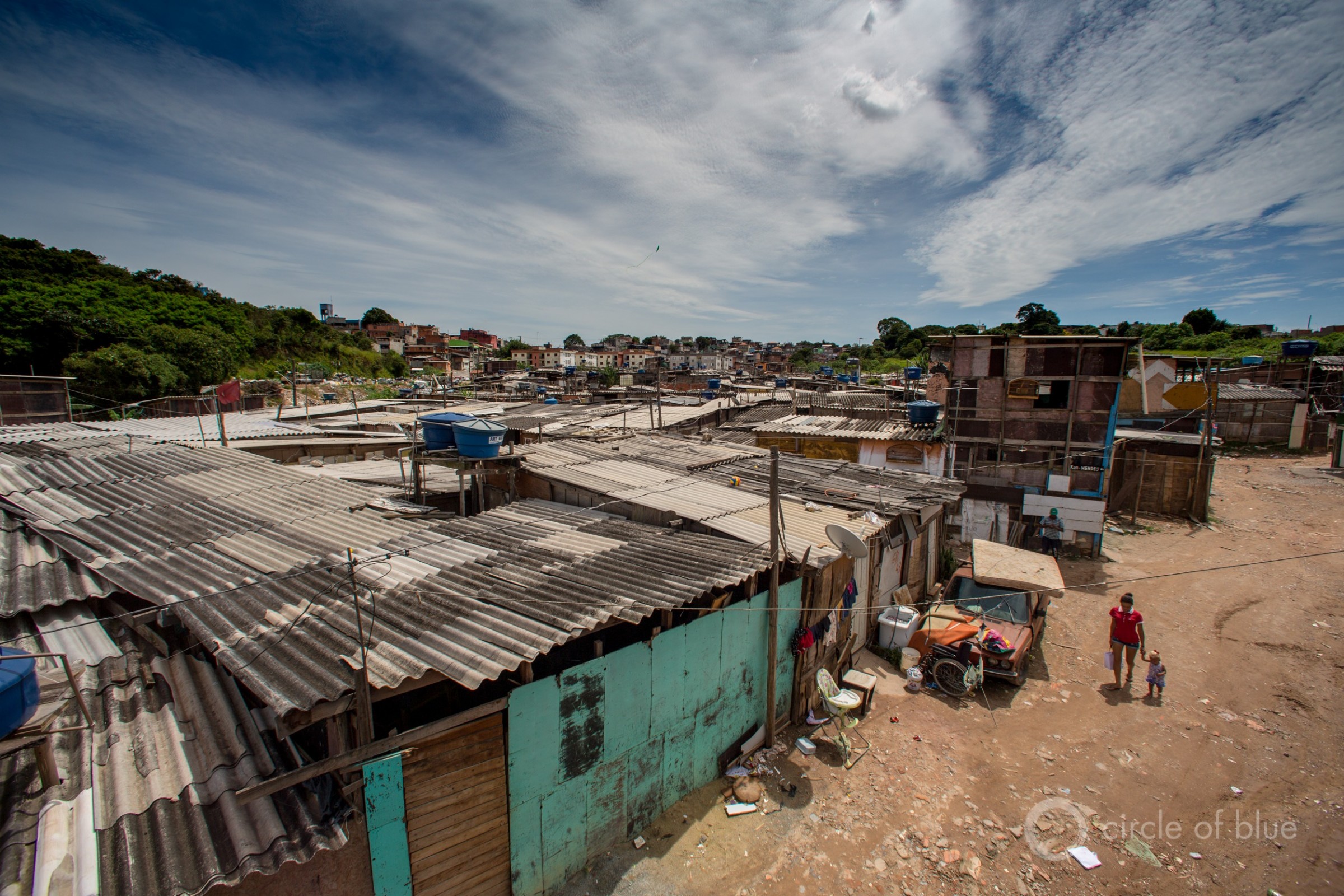
A woman and child walk through an informal settlement near São Paulo, Brazil. Photo © J. Carl Ganter/Circle of Blue
The third factor is extreme weather, which heightens other risks. Floods destroy homes, uproot families, and spread contaminated water that can become a breeding ground for mosquitoes and bacteria. South America and Southeast Asia saw the largest increase in days with extreme rainfall between 2000 and 2018.
Droughts, meanwhile, reduce the water available for sanitation and hygiene. They shrink crop yields and push up food prices.
The disease burden will not be shared equally, the report found. The poorer the country, the greater the suffering. The younger the person, the higher the risk of harm. The elderly, too, are particularly exposed to the deadly consequences of extreme heat, as are those who labor outdoors.
Some health outcomes are difficult to translate into standardized data and might be addressed in future editions of the report. Mental health is one such area, Belesova said.
Media reports from Australia and India note the prevalence of suicides in farming communities during periods of severe drought.
Report As a Monitor and Guide
The fifth edition of the Lancet Countdown report is a collaborative effort in two respects. It establishes a baseline monitoring for the links between a warming planet and public health. It also seeks to shape the future by quantifying the health benefits of meeting the goals of the Paris climate agreement.
That agreement, signed in 2015, sought to limit global warming to 2 degrees Celsius above pre-industrial times. Temperatures have already risen by 1 degree. Under a business-as-usual scenario a child born today could see as much as 4 degrees warming by the end of the century.
Each edition of the report represents a refinement of the methods and analysis used in earlier reports. In this way the data and health indicators are sharpened each year, Belesova said.
The fifth edition looks at 41 broad indicators across five categories. The indicators touch on climate change vulnerability and health risks. But health outcomes are just one component. The indicators also explore the extent to which government adaptation plans incorporate health assessments, economic costs associated with pollution, and public engagement.
Thirty-five academic institutions and UN agencies participated in the report’s development. The research team crossed disciplines, counting among its members ecologists, engineers, economists, and public health professionals.
Brett writes about agriculture, energy, infrastructure, and the politics and economics of water in the United States. He also writes the Federal Water Tap, Circle of Blue’s weekly digest of U.S. government water news. He is the winner of two Society of Environmental Journalists reporting awards, one of the top honors in American environmental journalism: first place for explanatory reporting for a series on septic system pollution in the United States(2016) and third place for beat reporting in a small market (2014). He received the Sierra Club’s Distinguished Service Award in 2018. Brett lives in Seattle, where he hikes the mountains and bakes pies. Contact Brett Walton

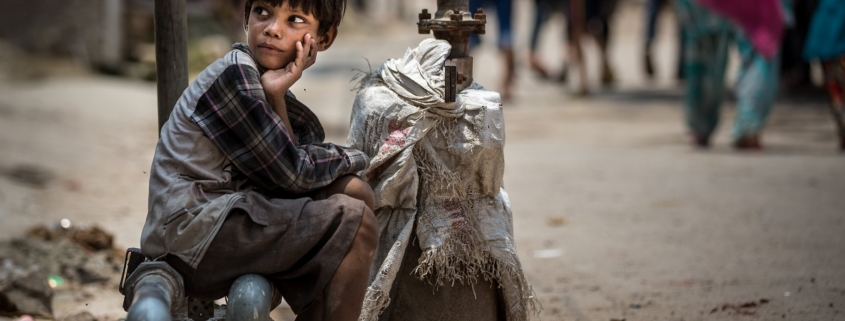

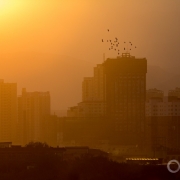
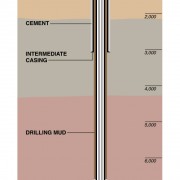




Leave a Reply
Want to join the discussion?Feel free to contribute!